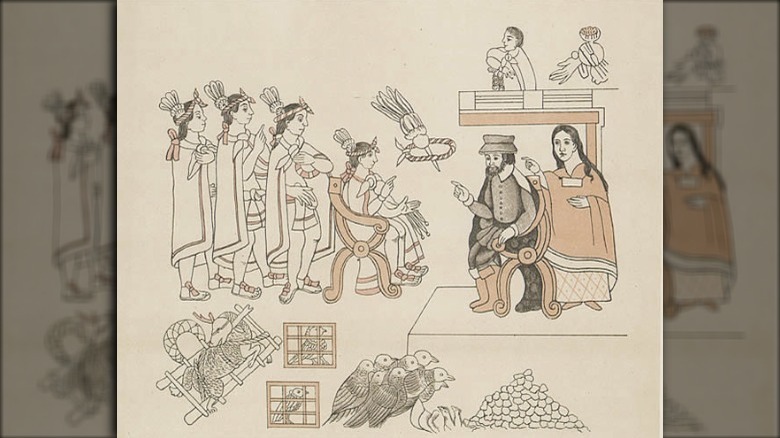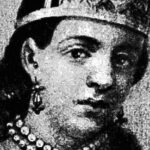
The Role This Woman Played In The Conquest Of Tenochtitlan
In the United States, Pocahontas has been given the royal pop culture treatment. We learn about her in grade school as an indigenous woman who saved John Smith from execution because she loved him. Then a few centuries later, Disney dressed her up in little more than a bikini and inducted her into its hall of entertainment princesses. Although the popular conception of her is most definitely incorrect, Pocahontas has always been a figure to be revered in U.S. history. Down in Mexico, however, a similar character from that country’s past has a much different reputation.
According to NPR, the woman known most commonly as Malinche has gone down in Mexican history as a traitor. Even today, five centuries after she lived, her name is still used as an insult for someone accused of being disloyal to one’s own people. Born at the beginning of the 16th century in the Yucatan Peninsula, her original name was Malintzin, and in 1519 she was one of twenty women given to conquistador Hernán Cortés by a Mayan chief. After that, she worked for Cortés as a translator, and even had a child with him. Popular opinion in Mexico holds that she actively worked to bring about the downfall and conquest of her own people, but as with Pocahontas up in the United States, the real story is more complex than that.
Malinche's 'betrayal' probably wasn't as 'active' as her detractors claim
Inherent in the harsh criticism of Malinche as a traitor to her own people is the assumption that she had full authority over her own actions and decisions. However, this is at total odds with what is known about her life. As the New York Historical Society points out, she was a slave who was bought and sold for domestic labor, and possibly even traded as a sex slave. So to believe that she actually had a choice in her role as a translator for Cortés — a man invading her country by force — is simply illogical. Furthermore, history hasn’t given the male figures from that time the same kind of treatment as Malinche. In a 1980 paper published in Frontiers: A Journal of Women Studies, author Cordelia Candelaria pointed out how Aztec ruler Moctezuma played a more significant role the conquest of Tenochtitlán and the fall of the Aztec empire than Malinche did. But his name is used to sell products, not as an insult.
University of Maryland professor Sandra Cypress told NPR that Malinche’s reputation wasn’t always so negative. In fact, it wasn’t until Mexico began to fight for independence from Spain that she began to be demonized as a turncoat. The influence of Catholicism also adds to this conception of her. Somewhat like Eve, she has been cast as a corrupting influence of something that was previously perfect, when the reality is that she likely had no choice to do what she did in order to survive.

Everything Hannah Snell Accomplished By Pretending To Be A Man
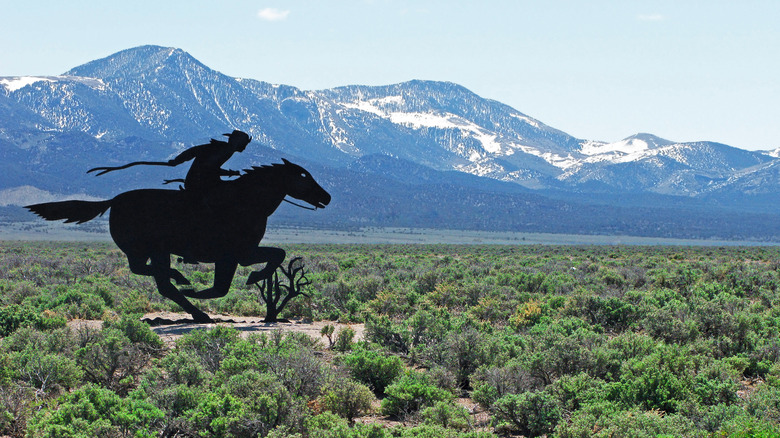
The Reason The Pony Express Riders Had To Carry Bibles

The Real Reason Amish Hold Religious Services In The Home

Rules Old Hollywood Stars Had To Follow

The Jesus Christ Theory That Would Change Everything

Here's What Really Happened To Benito Mussolini's Body
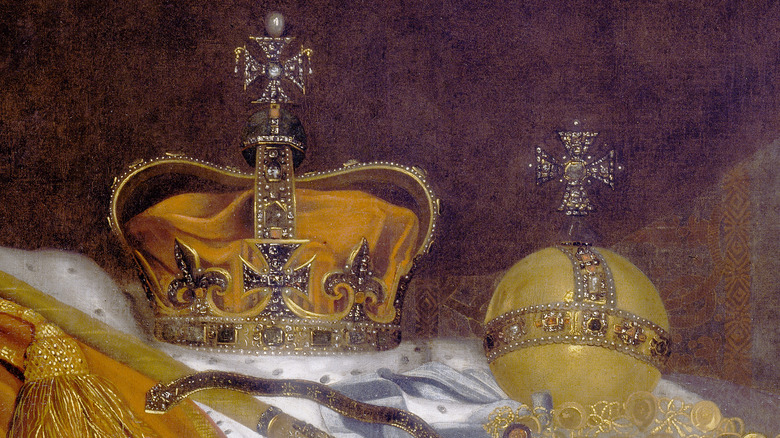
The Bizarre Story Of The Crown Jewels Robbery

How Bing Crosby Is Partly Responsible For The Canadian Tuxedo
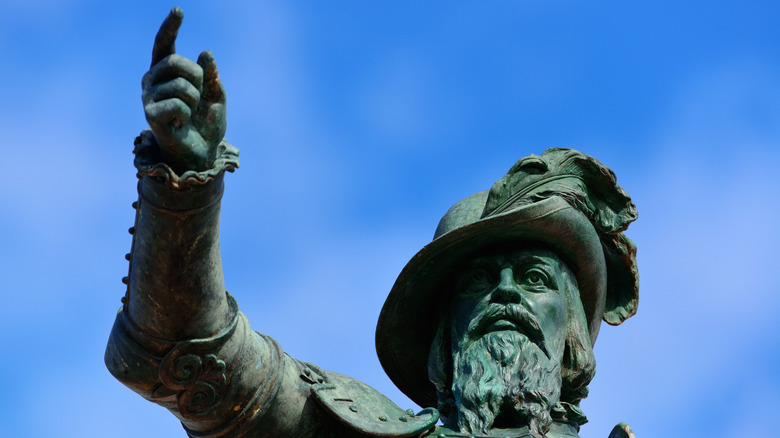
A Look At Ponce De Leon's Feud With Christopher Columbus' Son

Dr. Conrad Murray: Whatever Happened To Michael Jackson's Physician?
